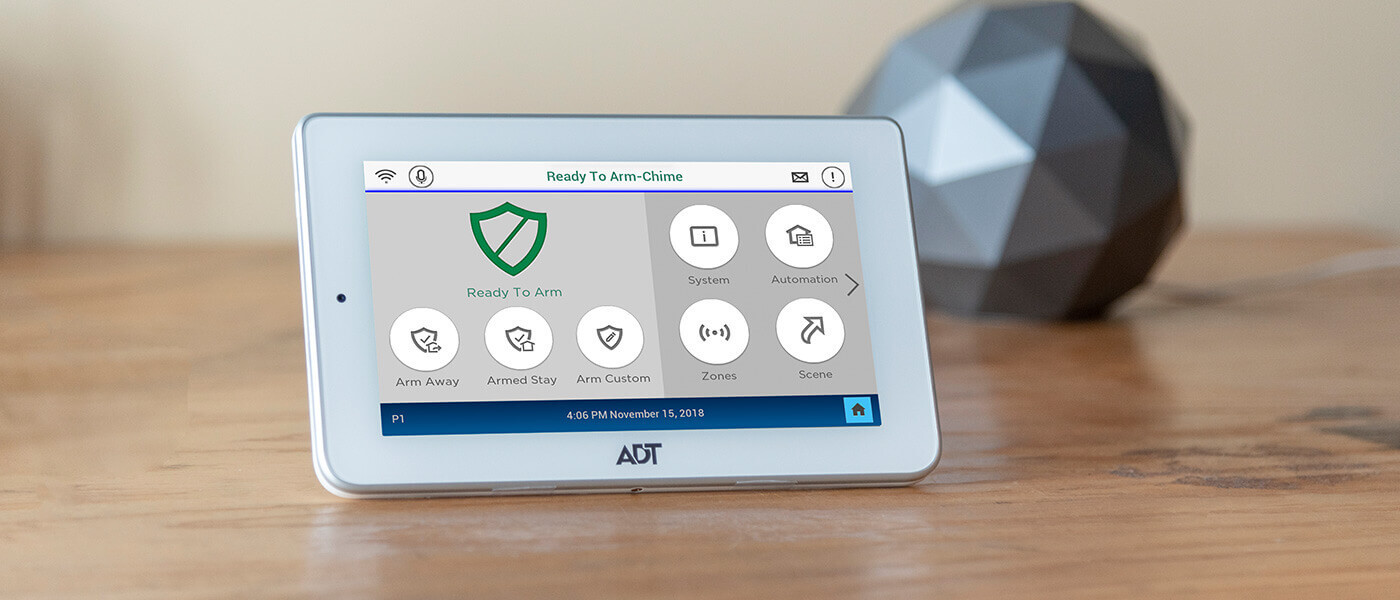
In some parts of the country, winter is decidedly cold. In others, it is most definitely wet. And when the warmth of spring rolls around, it can get even more wet as the snow melts and the rains continue—and that water can be problematic.
We need water, that’s for sure! Our bodies need it to survive. We need it to grow food. We need water for all kinds of reasons. But sometimes water is an unwelcome guest, showing up in our homes as floods.
Floods come in all types and sizes…all bad
Floods can be the result of all kinds of different circumstances. Heavy rainfall can overwhelm the rivers and ditches that would normally divert the water away. Where we live, melting snow in the mountains can mean floods as rivers overflow their banks. High winds and hurricanes can literally bring the ocean ashore…and indoors.
Small floods can be the result of causes other than natural too, for example, when a sump pump stops working leading to a flooded basement, or when a plumbing pipe bursts when the house is empty and the water keeps gushing out of the pipe because no one is there to turn off the water.
We have friends who had to move out of their house for six months last year, to have the downstairs of their home completely gutted and redone all because a toilet leaked all night long—while they were home. This seemingly minor leak did tens of thousands of dollars in damage. Not only did the family have to deal with all of this: They had to live in a hotel first and an apartment later, the damage was so extreme and the renovation so extensive. The ceilings, the walls, the floors, the kitchen cabinets…everything that was part of the first floor had to be removed and redone.
Water damage is extreme and irreversible
The point is, unwelcome water can get into your home in many different ways, but no matter how it gets there, it’s going to do damage. Water can ruin floors and carpets, walls, furniture and possessions. Wood will buckle. Metal will rust. Drywall will crumble. And bacteria will happily settle in to live with you in this nice moist environment you have offered up.
Flood detection can help
And that’s why you should consider flood detection as part of your home security system.
As part of the flood monitoring, you set up a water sensor where it’s needed most, for example in the basement where flooding is more likely, or in rooms that are the most vulnerable to water damage, such as a storage room or your home office. The water sensor is monitored by the home security company, and the homeowner is notified if the water sensor is triggered.
Compare that kind of monitoring that notifies you immediately when there’s a problem to walking in to home at the end of a long workday and commute to find a basement full of water—and appliances, floors and walls already ruined.
The earlier you know water damage is occurring, the sooner you can take action and therefore minimize that damage. Flood monitoring can therefore make a difference between an inconvenience and a total loss when unwelcome wet makes its way into your home.









